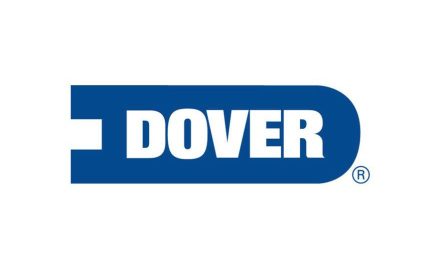School buses already make up the largest share of mass transportation in the U.S. and are the safest mode of transportation to and from school. This year, however, the yellow bus is getting an upgrade. More than 650,000 students will ride a school bus powered by the alternative fuel propane this back-to-school season.
“Diesel has long been the standard in school transportation, but for districts that want to reduce harmful emissions, save money and create a safer, healthier ride, propane is an excellent alternative,” said Roy Willis, Propane Education & Research Council president and CEO.
Recognizing these benefits, schools across 47 states – a total of almost 11,000 buses – have transitioned to propane. In fact, propane bus sales have increased by 436 percent since 2012.
The trend prompted PERC to start a campaign to teach communities about the benefits of propane-powered transportation. The Council is partnering with journalist and former teacher Jenna Bush Hager and the nonprofit AdoptAClassroom.org to donate $25,000 to teachers at schools adopting propane buses.
“It’s clear when you talk to school administrators and transportation departments that they are saving more than just dollars and cents by going with propane buses,” said Hager. “The switch is improving their school as a whole and giving them the opportunity to invest in more teachers or school programs.”
The Propane Education & Research Council’s donation will benefit teachers at four schools this fall in school districts in San Antonio, Indianapolis, Orlando and Reno.
The transition from diesel to propane buses has been reported in at least 20 of the top 25 designated market areas, and four of the 10 largest school districts in the country are using them. Among the health and safety advantages of propane buses is that they are quieter than diesel and they reduce exposure to diesel exhaust, which the World Health Organization classifies as a carcinogen.
“As a former teacher and parent, I know that the school day begins and ends on the bus,” Hager said. “When we give our kids a safer, healthier start to the day, it can improve their entire experience in the classroom and at home, too.”
For more information on propane school buses, including bus safety tips for parents and kids courtesy of the National Association of Pupil Transportation, visit BetterOurBuses.com. To donate to teachers in your local community, visit AdoptAClassroom.org.









